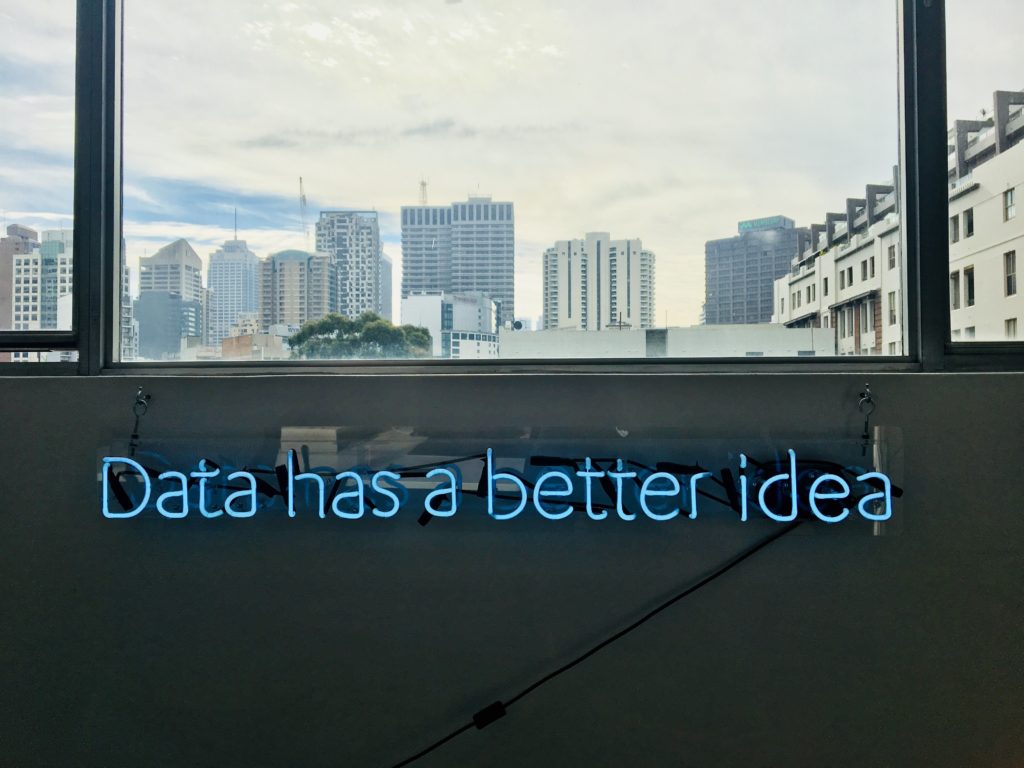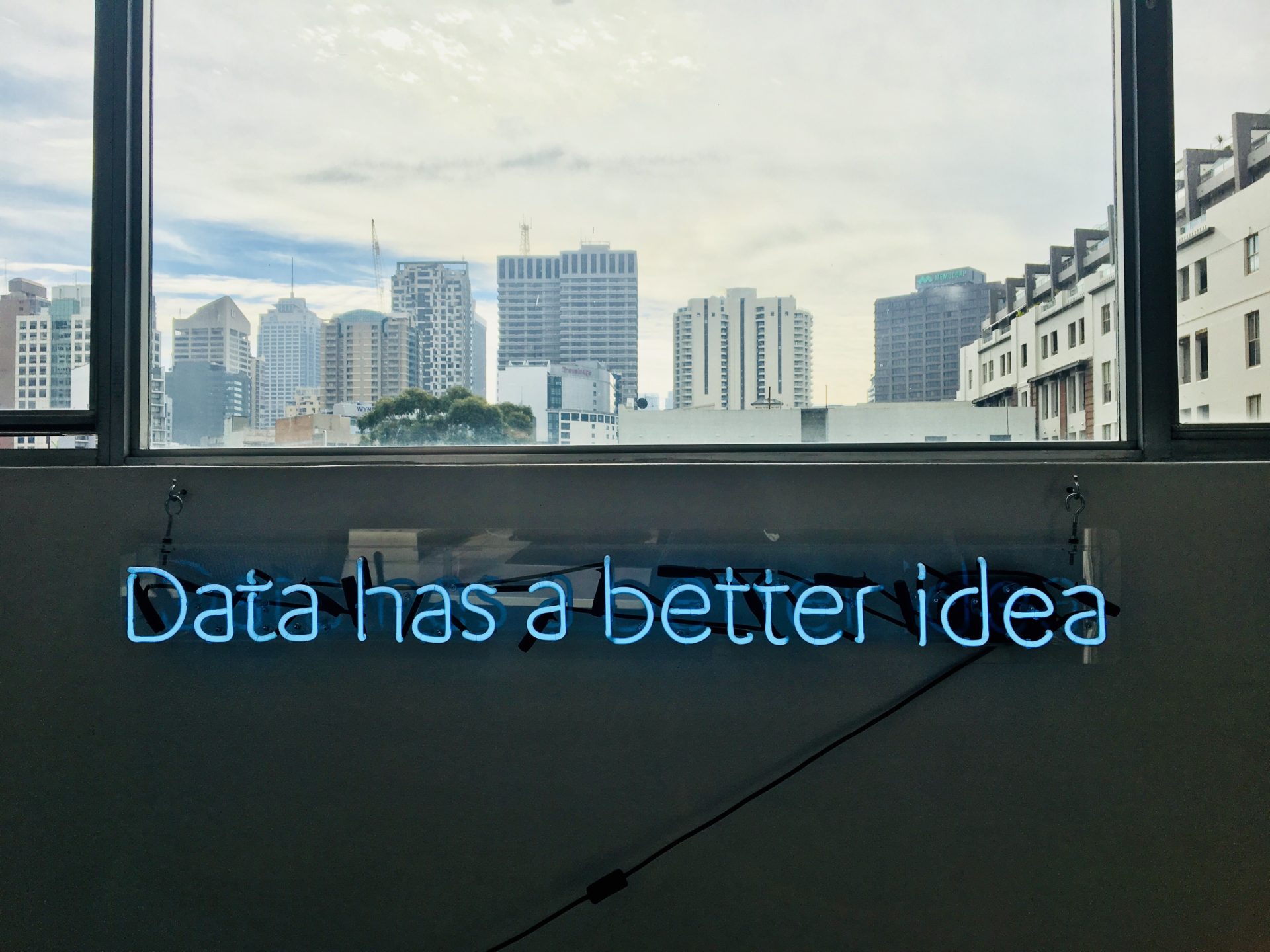Data and gaming: understanding gamer behaviour
Mega data is also playing a key role in online gaming, an industry that currently weighs in at over $40.6 billion! Although data collection has always been part of gaming, great strides have been made in the ability to analyse and use this data.
The impact of data is even being felt on the design of games. Developers are now harnessing precise behavioural data to adjust the level of difficulty of their games. One company doing this is Zynga, the developer of social network games like FarmVille, which makes extensive use of user data to fine-tune all of its products and the mechanics of its games.
Data is also a powerful lever of profitability for the industry. It can be used to customise adverts inserted into games in order to create more targeted interactions between players. The success of games like Fortnite has also demonstrated the strength of freemium models in gaming. By leveraging mega data, developers can precisely measure, predict and monitor gamers’ behaviour and thereby optimise their experience and increase the chances of them becoming paying users!
Big data and farming: the future of food is already here
The impact of data in the farming industry is so pervasive that it is hard to summarise it with reference to a single application.
However, the varied effects of data usage in farming notably include:
- More accurate harvest forecasts. Thanks to algorithms used to analyse meteorological data (over several decades and sometimes over several centuries), farmers can now better predict their crop yields;
- More resistant seeds. The combination of global population growth and rising temperatures has created factors of risk for food security. Agronomists now analyse data collected on plants to obtain more adaptable and resistant varieties;
- Automation of farming Thanks to recent progress in drone technology and data analysis, “farmerless farms” are highly likely to be seen in the near future;
- Greater respect for the environment. The collection and use of sizeable volumes of data also provides a way of better of using natural resources and thus of avoiding wastage (starting with water), while also reducing costs.
Start-ups like Farmnet 365 or SMAG have consequently emerged to optimise the collection and analysis of agricultural data. These platforms offer a comprehensive array of services, ranging from recommendations on seeds to bank loans and insurance.
Impact of data on the health sector
The health industry is certainly one of the most important and complex sectors, and therefore demands continuous improvement in services. The use of big data is particularly advanced in the area of patient monitoring and is revolutionising the effectiveness of treatment. Thanks to data, the approach is now more proactive, thereby enabling health professionals to act before serious health problems emerge and thus to limit the time spent by patients in hospital.
Data is also having a noticeable impact in terms of reducing the cost of healthcare. Predictive analysis is being used as a means to reduce hospital admission rates and therefore to optimise staff allocation. Certain specialists go as far as to cite a 25% reduction in annual costs over the next five years…
In addition, data is helping to restrict human error (missed appointments, patients taking the wrong treatment). The use of software based on big data is effectively making it easier to monitor patients. These software programmes are also capable of signalling any prescription errors and thereby of helping to save lives on a daily basis.
Data in the media and the creative industry
Big data and machine learning are in the process of transforming value chains in the creative industry. By collecting and analysing data, creators can offer content better suited to their audience, based on the trends thus identified.
The time when creative media and platforms had to read critical comments and analyse rankings is a thing of the past. Nowadays, they can monitor all their users and follow their clicks, views, engagement and sharing of content in order to fine-tune their content and pricing strategies. This progress also allows them to adapt their marketing and their distribution campaigns.
Within the industry, data is also set to have a highly sizeable impact on the monetisation of creation. Mega data promises to help entertainment and media businesses generate additional revenues, particularly by offering targeted discounts or by suggesting better-suited subscription periods.
Education and big data: a vast array of possibilities
Ever-increasing quantities of data are being generated on the ways in which we learn. Educational institutions are only just starting to convert this mass of information into strategies to improve and customise pedagogical content and methods. One stand-out example is provided by the district of Menomonee Falls in the state of Wisconsin, which has applied data analysis techniques to all aspects of its operations, including the cleanliness of classrooms and school bus routes.
The impact of data can also be seen on grading systems. By analysing mega data, teachers can now use a broader range of sources to assess their students. As a result, students can benefit from different learning methods as well as from a more realistic assessment of their proficiency in the subjects concerned.
In addition, the advent of data culture has meant that teachers are now also assessed. This is notably the case in Philadelphia, where the U-Turn project provides a means of analysing the causes of drop-outs among students and thus reducing them to the minimum.
The time when businesses were questioning whether they need to be concerned about big data is now long gone. As these (non-exhaustive) examples have shown, data is already revolutionising many industries. The issue now for businesses is to incorporate these new processes and especially these new professions into their value chains. And the task for employees is now also to acquire the appropriate analytical skills in the coming years. An essential, if not mandatory, approach for those who want to be leaders in their field!




